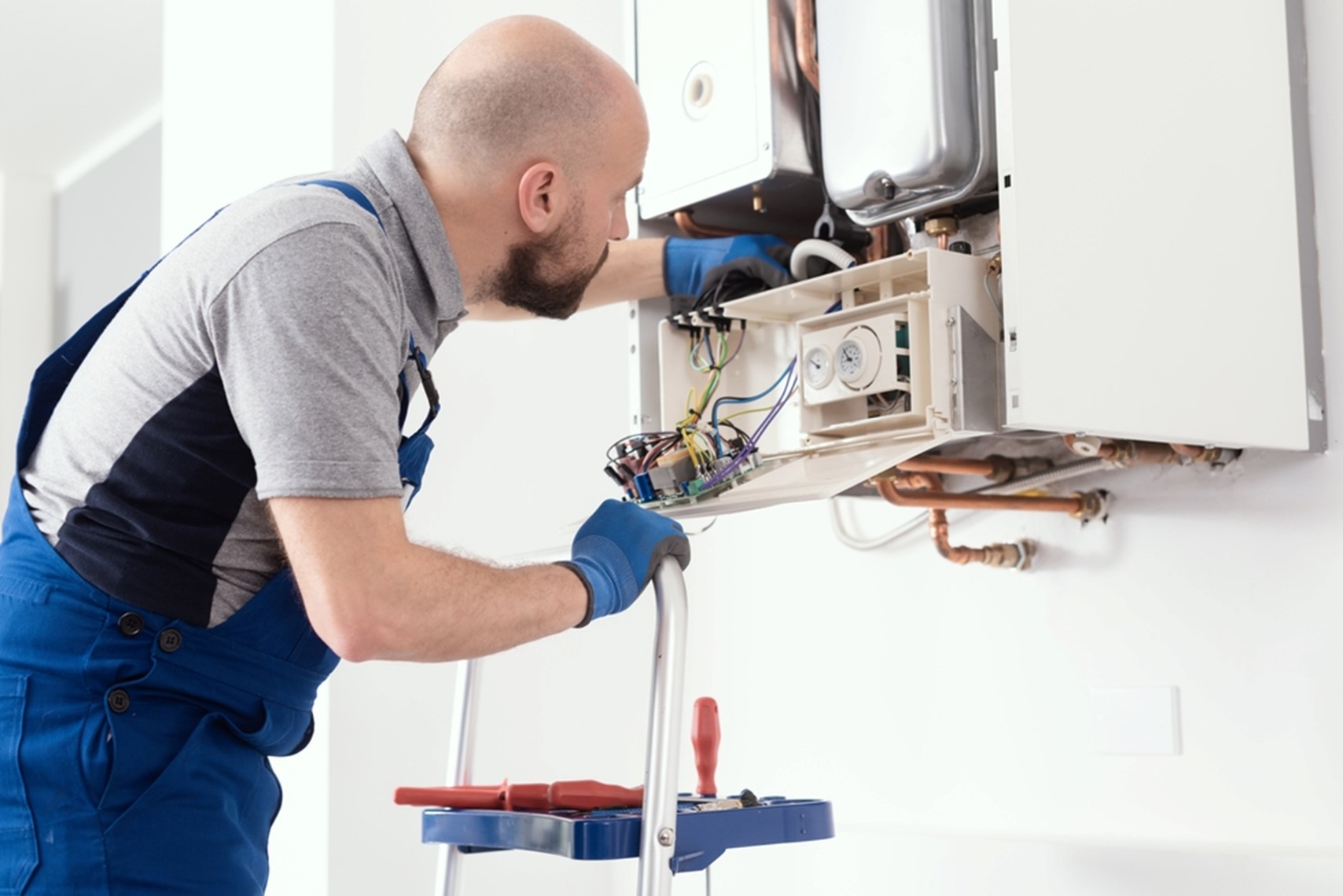A landlord is required to comply with a number of health and safety regulations, and gas safety is among the most important.
Those who fail to comply with the safety standards for gas in their properties may be fined thousands of pounds or even sentenced to prison.
The good news is that there is ample guidance available to ensure you remain on the right side of the law.
Listed below is all the information you need to understand gas safety regulations in order to protect your tenants and meet your legal obligations. So be sure to read till the end to understand each and everything.
Which Gas Safety Regulations Apply to Landlords?
Keeping gas fittings and appliances safe in rented properties is the legal obligation of landlords and letting agents under the Gas Safety Regulations (Installation and Use) 1998.
This regulation requires landlords to ensure the safety of the following:
- Gas appliances
- Gas pipes
- A gas appliance’s flues
In order to achieve this, all appliances and systems, along with the meter, are inspected annually to verify that there are no leaks anywhere.
How Does an Annual Gas Safety Check Work?
In order to ensure your tenants are not at risk, you must have a Gas Safe registered engineer inspect your property each year to ensure that all gas appliances are functioning properly. This includes ensuring that:
- Gas pressure is appropriate for the appliance
- No gases are escaping
- There are no visible flues
- There is no malfunctioning of any safety devices, such as cut-out devices
- Check the condition of any brackets that secure an appliance
- Verify that the gas meter is leak-free by conducting a tightness test
- Check the flue gases of the appliance
- Make sure the condensing trap is clean and in good working order
- Ensure that there is adequate ventilation and air supply
- Check the operation of safety devices
- Visually inspect the entire heating system, including the radiators and steam cylinders, to look for defects.
You should also request that the engineer in charge of your annual check do the following:
- Inspect the entire gas system for tightness, including the pipework that was installed
- Check the pipework visually, as much as possible
The only appliances that need to be checked are those that you own. Gas appliances that belong to your tenants are not under your responsibility.
After the engineer has completed his or her checks, they will provide you with a Landlord Gas Safety Record (also referred to as a ‘gas safety certificate’).
The record provides details on the results of the safety checks as well as what actions were taken and what needed to be corrected.
Go to this website to arrange a gas inspection of your property.
What Measures Do You Take to Ensure That Gas Safety Regulations Are Followed?
Even though the penalties may be harsh, the regulations governing gas safety are relatively straightforward. Here are six steps you can take to avoid breaking the law:
- Check the safety of your gas system once a year
- If your engineer recommends any repairs or maintenance on your Gas Safety Record, you must adhere to it
- Immediately following the inspection, provide your tenants with a copy of the inspection record
- The original Gas Safety Record should be filed carefully and kept for a minimum of two years
- You should service your gas appliances annually in accordance with the instructions provided by the manufacturer
- Ensure you understand who is accountable for your gas safety obligations in any contract with a managing agent.
Why is it Important to Maintain Gas Appliances Properly?
You are legally responsible for maintaining gas appliances and fittings and ensuring they are in a safe condition otherwise a tenant may die.
In the event that flues and pipework become clogged, gases and fumes cannot properly escape to the outdoors. In this situation, carbon monoxide can accumulate inside the property, which is potentially fatal.
It is difficult to detect carbon monoxide because it cannot be smelled or tasted. It is important to note, however, that the signs and symptoms of carbon monoxide poisoning are not always obvious, especially at low levels of exposure, when it can be confused with food poisoning or influenza as well.
The following are common symptoms:
- Symptoms of tension headaches
- Feeling dizzy
- Sickness and feeling unwell
- Confusion and fatigue
- Pain in the stomach
- Having difficulty breathing and feeling short of breath
What is the Duration of a Gas Safety Check Inspection?
Gas safety checks usually take approximately 30 minutes to complete, although it depends on whether the property is large or small. If there are urgent repairs to be made, the process may take longer.
If a Tenant Refuses to Allow Gas Safety Checks, What Should You Do?
It’s possible that a tenant won’t allow you to perform the gas safety check on occasion. Perhaps they feel that it is a violation of their privacy, or perhaps you are involved in a disagreement.
Regardless of what the reason is, either the agent or you must explain that this is a government regulation that ensures the safety of the tenants.
By not allowing the check, they could put themselves at serious risk since carbon monoxide has no smell or taste. If you reassure them that they are welcome to be present during the inspection, they may be more inclined to agree to the inspection.
The following three steps can be taken if that does not work:
- Write a letter. Send the notification via email with a “read receipt” or by recorded delivery – arranging a time for the gas safety check. Ensure they are aware of the legal requirements and ask them to confirm that the engineer will have access.
- A second letter should emphasize that it is a legal requirement and ask them to contact you if they do not respond within a reasonable amount of time.
- Upon failing to receive a response, send them one last letter requesting that they contact you urgently for a convenient time to schedule the inspection.
As a legal requirement, you must complete all three steps and maintain a record of each step.
Conclusion
Well, here is everything you need to know regarding Gas safety checks and their importance as a property owner.
Be sure to have your house inspected annually by a gas engineer to ensure that all your appliances and gas connections are operating properly and there are no leaks.
This not only ensures the safety of the tenants but is also also a legal requirement. In case of an incident related to gas leaks at your property, you may be subject to a heavy fine or may face criminal charges as well.







